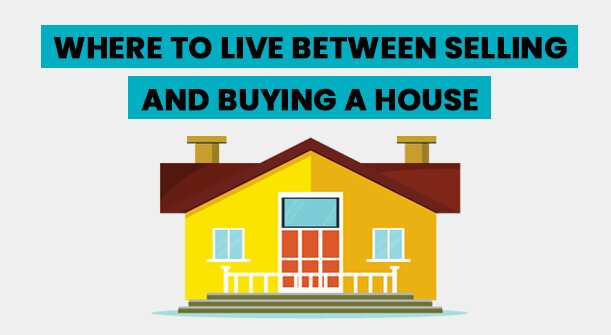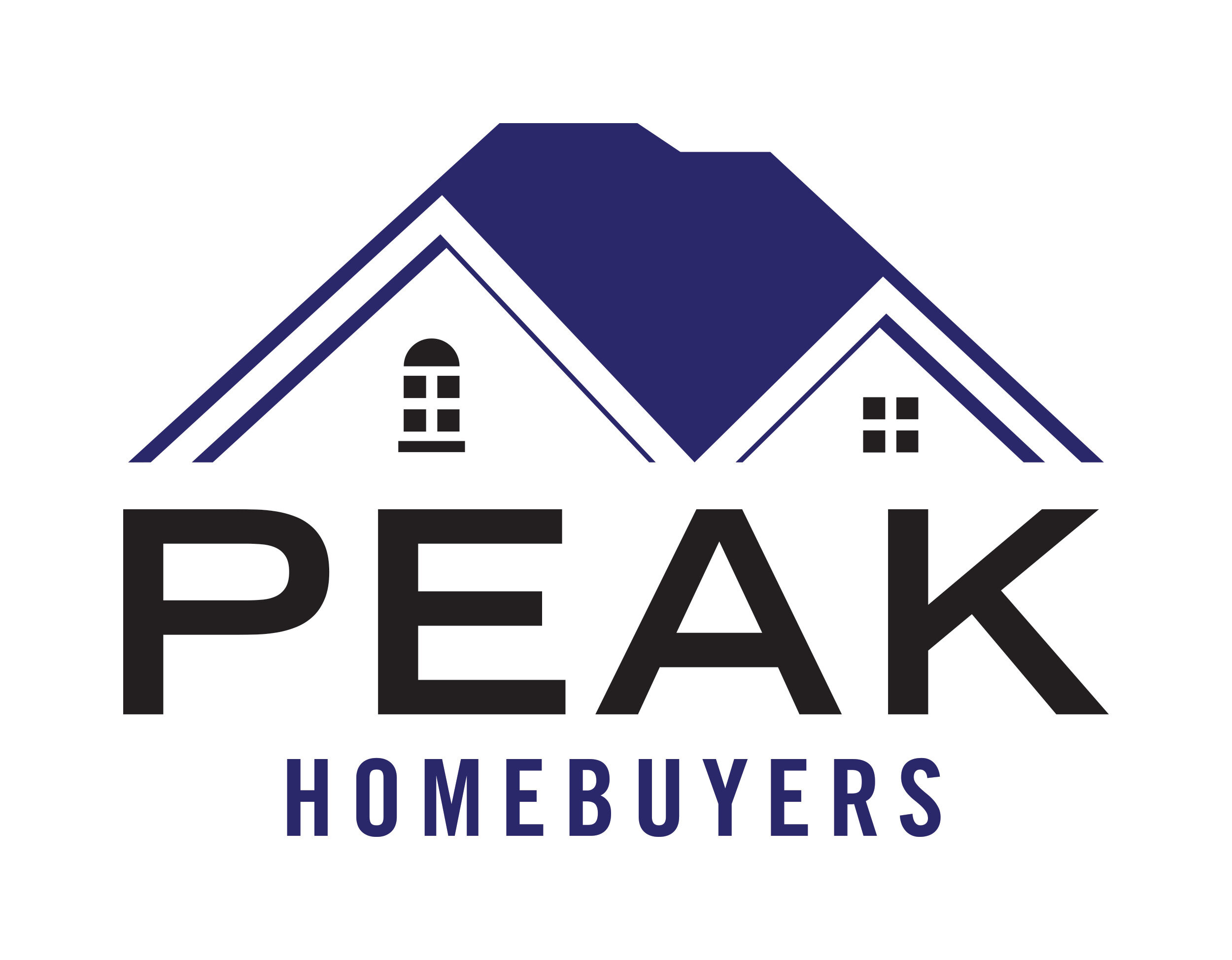
Are you in the midst of the transition period between selling your current home and buying a new one? This can be an exciting yet challenging time, as you navigate the complexities of the real estate market. During this transitional period, it’s crucial to consider your living arrangements, as you may not be able to move directly from one home to another.
In this article, we will explore different housing options that can help you bridge the gap between selling and buying a house. By considering these temporary living arrangements, you can ensure a smooth transition and minimize stress during this important time.
What to Consider When Choosing Temporary Housing
When it comes to choosing temporary housing, there are several factors to consider. Let’s take a closer look at some key points that can help you make an informed decision.
1. Short-Term Rental Options
Short-term rentals are a popular choice for individuals who need temporary housing during the transition period. These rentals typically offer flexible lease terms, allowing you to rent a property for a few weeks or months. There are various options available, including apartments, condos, and houses, depending on your preferences and budget.
Pros:
- Flexibility: Short-term rentals allow you to choose the duration of your stay, giving you the freedom to move into your new home as soon as it’s ready.
- Convenience: These rentals are often fully furnished, saving you the hassle of moving your furniture and belongings into temporary housing.
- Variety: With short-term rentals, you can choose a property that suits your needs, whether you prefer a cozy apartment or a spacious house.
- Location: Short-term rentals are typically available in various neighborhoods, allowing you to find a temporary home close to your desired area.
Cons:
- Cost: Short-term rentals can be more expensive than long-term leases, especially in popular locations or during peak seasons.
- Limited Availability: Depending on market conditions, finding a suitable short-term rental may be challenging, especially if there is high demand or limited inventory.
- Uncertainty: If you’re unsure about the closing date of your new home, it can be difficult to plan your stay in a short-term rental, as availability may change.
2. Extended-Stay Hotels and Serviced Apartments
Another option to consider is staying in extended-stay hotels or serviced apartments. These accommodations are designed for individuals who need temporary housing for an extended period, typically weeks or months. They offer the convenience of a hotel with the comfort of an apartment, providing amenities such as a kitchenette, laundry facilities, and housekeeping services.
Pros:
- Convenience: Extended-stay hotels and serviced apartments offer all the necessary amenities, making it easy for you to settle in and feel at home.
- Flexibility: These accommodations often have flexible lease terms, allowing you to adjust your stay based on your needs.
- All-inclusive: Many extended-stay hotels and serviced apartments include utilities, internet access, and other services in the rental price, simplifying your budgeting process.
- On-site Facilities: These accommodations often have additional amenities such as fitness centers, business centers, and communal spaces, providing you with a comfortable living experience.
Cons:
- Cost: Extended-stay hotels and serviced apartments can be more expensive than traditional rentals, especially if you require additional services or amenities.
- Availability: Depending on the location and demand, finding a suitable extended-stay hotel or serviced apartment may be challenging, particularly during peak seasons.
- Lack of Personalization: While these accommodations offer comfort and convenience, they may lack the personal touch of a true home.
3. Temporary Housing Services and Corporate Rentals
Temporary housing services and corporate rentals specialize in providing short-term housing solutions for individuals and families in transition. These services often work with real estate agents and property owners to offer fully furnished properties that are ready for immediate occupancy. They can help you find a temporary home that meets your specific needs and preferences.
Pros:
- Convenience: Temporary housing services take care of the entire process, from finding the right property to handling lease agreements and maintenance requests, saving you time and effort.
- Personalization: These services work closely with you to understand your requirements and preferences, ensuring that the temporary home feels comfortable and suits your lifestyle.
- Flexibility: Temporary housing services can often accommodate changes in your schedule or closing dates, allowing you to extend or shorten your stay as needed.
- Support: If you’re relocating to a new area, temporary housing services can provide valuable guidance and assistance, helping you navigate the local real estate market.
Cons:
- Cost: Temporary housing services may come at a higher price compared to other temporary housing options, as they offer additional services and personalized support.
- Availability: Depending on the location and demand, finding a suitable temporary housing service may be challenging, particularly during busy periods.
- Limited Control: While these services aim to provide a comfortable living experience, you may have limited control over the property’s furnishings and decoration.
4. Staying with Family or Friends
If you have close friends or family members who are willing to accommodate you during the transition period, staying with them can be a cost-effective and comfortable option. Staying with loved ones allows you to maintain a sense of familiarity and support during this important time.
Pros:
- Cost Savings: Staying with family or friends eliminates the need for rental payments, helping you save money during the transition period.
- Emotional Support: Being surrounded by loved ones can provide emotional support during the often stressful process of buying and selling a home.
- Familiarity: Staying with family or friends allows you to maintain a sense of familiarity and routine, making the transition period more comfortable.
- Flexibility: Staying with loved ones gives you the flexibility to adjust your plans based on the closing date of your new home.
Cons:
- Lack of Privacy: Staying with family or friends may mean sacrificing some privacy, as you’ll be sharing living spaces and amenities.
- Inconvenience: Depending on the location, staying with family or friends may require a longer commute to work or other daily activities.
- Limited Duration: While staying with loved ones can be a temporary solution, it may not be feasible for an extended period, especially if you require a longer transition time.
5. Subletting or Renting on a Month-to-Month Basis
If you prefer to have more control over your living arrangements, subletting or renting on a month-to-month basis can be a suitable option. This allows you to find a rental property with a short-term lease, providing you with flexibility and the ability to adjust your living situation as needed.
Pros:
- Flexibility: Subletting or renting on a month-to-month basis allows you to adjust your living arrangements based on the closing date of your new home.
- Control: With a short-term lease, you have more control over the duration of your stay, giving you the freedom to move into your new home as soon as it’s ready.
- Cost Savings: Depending on the rental market and negotiations, you may be able to find a sublet or month-to-month rental at a lower price compared to long-term leases.
- Variety: Subletting or renting on a month-to-month basis gives you the opportunity to explore different neighborhoods and living arrangements before committing to a long-term rental.
Cons:
- Limited Availability: Finding a suitable sublet or month-to-month rental may be challenging, depending on the rental market and demand in your desired area.
- Uncertainty: If you’re unsure about the closing date of your new home, it can be difficult to plan your stay in a sublet or month-to-month rental, as availability may change.
- Moving Logistics: Moving from one rental property to another can be time-consuming and may require additional expenses for moving services or storage units.
6. Vacation Rentals or Airbnb
Vacation rentals and Airbnb are popular options for temporary housing, particularly if you’re looking for a more unique and personalized experience. These platforms allow homeowners to rent out their properties on a short-term basis, providing you with a wide range of options in various locations.
Pros:
- Variety: Vacation rentals and Airbnb offer a wide range of options, from cozy apartments to luxurious homes, allowing you to find a property that suits your preferences and budget.
- Personalization: Many vacation rentals and Airbnb properties are thoughtfully decorated and equipped with amenities to provide a comfortable and unique living experience.
- Flexibility: These platforms often offer flexible booking options, allowing you to adjust the duration of your stay based on your needs.
- Local Experience: Staying in a vacation rental or Airbnb property can provide you with a more authentic local experience, as you’ll be living in a residential area rather than a hotel.
Cons:
- Cost: Depending on the location and demand, vacation rentals and Airbnb properties can be more expensive compared to traditional rentals or hotels, particularly during peak seasons.
- Availability: Finding a suitable vacation rental or Airbnb property may require careful planning, as availability may vary depending on the location and time of year.
- Lack of Consistency: While vacation rentals and Airbnb can offer unique and personalized experiences, the quality and amenities may vary from one property to another.
Cash Home Sale: Sell Your House Faster
In addition to considering temporary housing options, you may also want to explore the option of a cash home sale. A cash home sale involves selling your house directly to a buyer who pays in cash, rather than going through the traditional process of listing your home on the market and waiting for a buyer to secure financing.
What Is a Cash Home Sale?
A cash home sale is a streamlined process where a buyer purchases your home directly, without the need for a mortgage or financing. This can significantly expedite the selling process, allowing you to sell your house faster and move into your new home more quickly.
How Does a Cash Home Sale Help You Get in Your New House Faster?
By opting for a cash home sale, you can bypass the lengthy process of finding a buyer, negotiating offers, and waiting for financing approval. Since cash buyers don’t rely on mortgages, the transaction can be completed more quickly, allowing you to receive the funds from the sale and proceed with your plans to buy a new home.
What Are Other Benefits of a Cash Home Sale?
Aside from the speed and convenience, a cash home sale offers several other benefits. These include:
- Certainty: With a cash home sale, you can have confidence in knowing that the transaction is more likely to proceed smoothly, as there are no concerns about financing falling through.
- Simplified Process: Selling a home can be a complex process, involving inspections, appraisals, and negotiations. A cash home sale simplifies the process, reducing the number of steps and potential complications.
- Avoiding Repairs: Cash buyers often purchase homes in their current condition, saving you the time and money of making repairs or renovations before selling.
- Flexibility: A cash home sale provides you with more flexibility in terms of the closing date, allowing you to align the sale of your current home with the purchase of your new home.
Get Cash for My Home in South Carolina
If you need to sell your house fast but don’t want the hassle of a traditional home sale, contact Peak Home Buyers. We buy houses as-is. No repairs are needed. Avoid closing costs and realtor commissions. Close in as little as seven days. Call 385-355-1807 to get cash for your home from our local home buyers in South Carolina.
